Acute upper respiratory tract infections
Today, at least 200 viruses can be identified, under the influence of which colds develop. Acute inflammation of the upper respiratory tract is generally considered the most common disease. All of them are characterized by common nonspecific symptoms. Thus, as the disease develops, a virus is introduced, which leads to intoxication.

Best
specialists
specialists

Expert
equipment
equipment

Advanced diagnostic
treatment
treatment
General information about the treatment of acute
upper respiratory tract infections
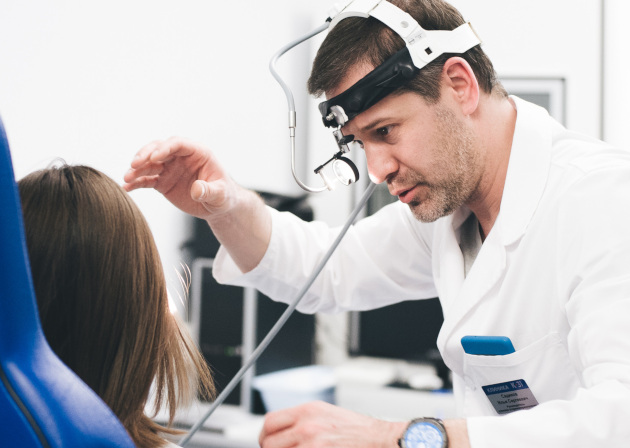
How is an appointment with an otolaryngologist at K+31?
During the initial appointment, the doctor questions the patient in detail about complaints, clarifies the history of the disease, and lifestyle. Next, a thorough visual examination of the nose, pharynx, ear, and larynx is carried out. Special tests are prescribed to assess the acuity of hearing and smell.
Our doctors

2GIS Award
This award is given to clinics with the highest ratings according to user ratings, a large number of requests from this site, and in the absence of critical violations.

«Good place» according to Yandex
This award is given to clinics with the highest ratings according to user ratings. It means that the place is known, loved, and definitely worth visiting.

Our doctors are laureates of the ProDoctors Award
The ProDoctors portal collected 500 thousand reviews, compiled a rating of doctors based on them and awarded the best. We are proud that our doctors are among those awarded.
Make an appointment at a convenient time on the nearest date
Price
Otorhinolaryngologist primary appointment
from 5 460 ₽
Otolaryngologist repeated appointment
from 5 460 ₽
Reception of an otorhinolaryngologist at home in Moscow within the Moscow Ring Road
from 18 810 ₽
Planned remote online consultation of an otorhinolaryngologist using telemedicine technologies

Appointment to the doctor
Fill out the form, our managers will contact you within 15 minutes
Our clinics
Didn't find the service you were looking for?
Call us!
+7 (495) 104-48-14
Write to whatsapp
Ask question



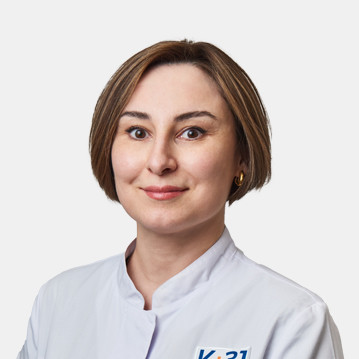


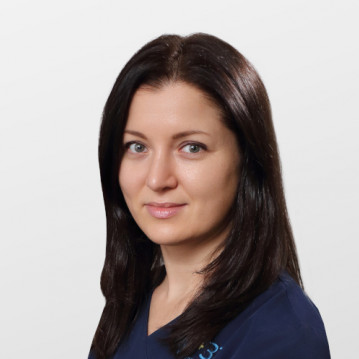
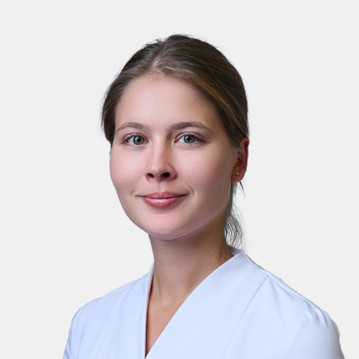
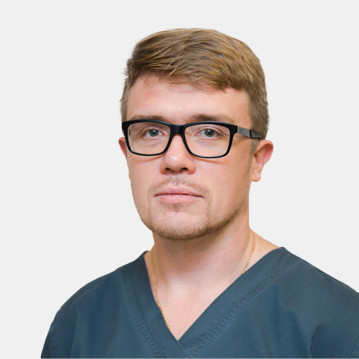


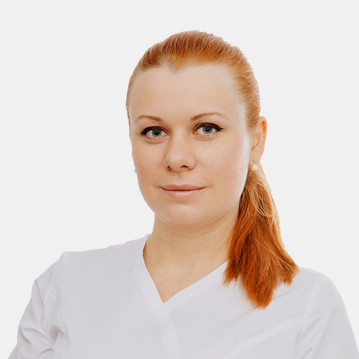
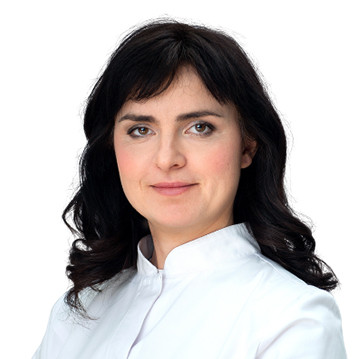
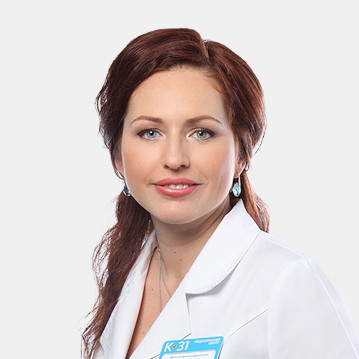
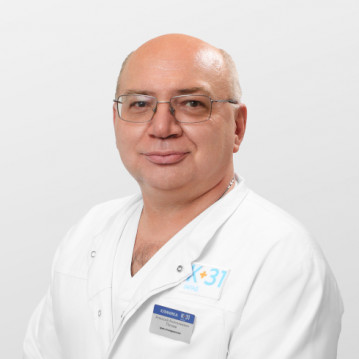
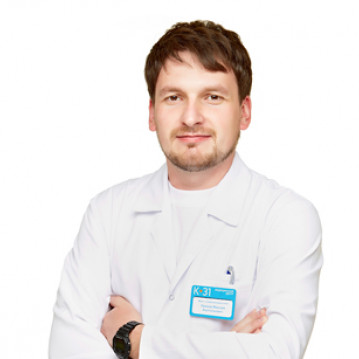
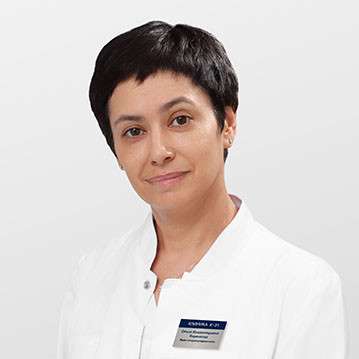

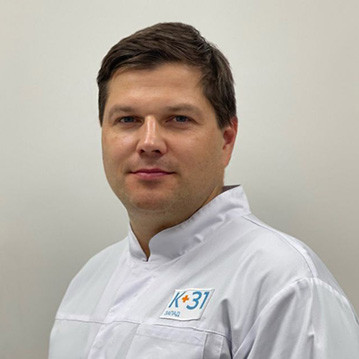

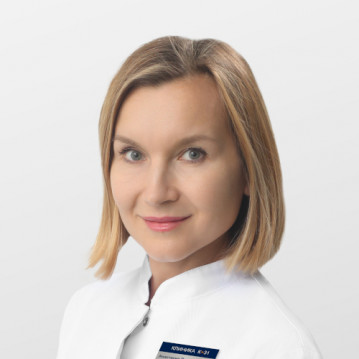
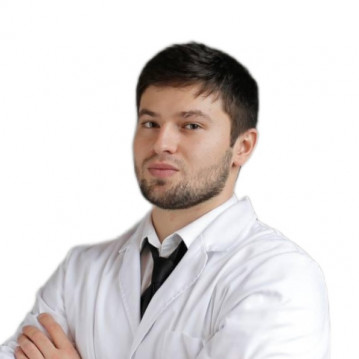








Signs of the disease
The main signs of infection are:
The development of the first symptoms takes from 12 hours to 3 days. In the case of a severe course of the disease, inhibited or excited states, as well as disorders of consciousness, may appear. For all diseases of this spectrum, the severity of symptoms directly depends on the degree of organ damage.
Outbreaks occur most often in autumn and winter, but you can get sick at any time of the year. Children get sick more often than adults, since they spend most of the day in a large group. However, it is necessary to understand that diagnosis can only be made by a specialist. Therefore, if you have symptoms of the disease, you cannot self-medicate, but you must seek help from professionals.